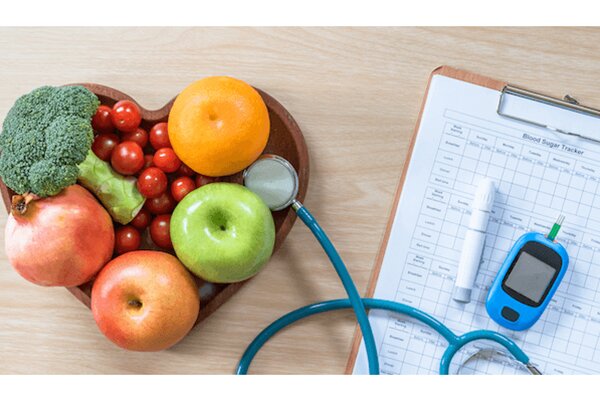Sugary Drinks Linked to Diabetes, Heart Disease. Here
A new study published January 6 in Nature MedicineTrusted Source charts the metabolic and cardiovascular complications associated with sugar-sweetened beverages (SSBs).
The researchers found nearly 1 in 10 new cases of type 2 diabetes, and more than 3% of cardiovascular disease cases could be traced back to sugary drinks.
More than 300,000 global deaths from soda
The scientists involved in the current study had access to huge quantities of data, including dietary information from almost 3 million people.
They found that, on average, people consume 2.6 8-ounce (248-gram) servings of sugar-sweetened beverages (SSBs) per week.
Overall, sugar-sweetened beverage intake was higher among males versus females and younger versus older adults.
When the researchers investigated the links to disease, they found that, in 2020, 2.2 million new cases of type 2 diabetes and 1.2 million cases of cardiovascular disease were attributable to drinking SSBs.
The scientists also estimated that the drinks were linked to 80,278 deaths from type 2 diabetes and 257,962 deaths from cardiovascular disease.
Soda is an ultra-processed food
Currently, ultra-processed foods (UPFs) are under heavy scrutiny, and for good reason — a myriad of studies have linked them to poorer health, including type 2 diabetes, obesity, and depression.
Recently, the picture has become more complex. UPFs come in a wide range of forms — from bread to jelly beans and protein powders to soda — and not all types are equally bad for health.
Researchers are now drilling down into the categories of UPFs to understand which are the worst offenders when it comes to health.
For instance, a recent LancetTrusted Source study from November 2024 looked at UPF consumption and type 2 diabetes. The authors found that not all categories were linked to an increased risk, but one of the worst offenders was SSBs.
By now, the evidence of a link between SSBs and type 2 diabetes is overwhelming.
Healthy swaps for sugar-sweetened beverages
It is beyond doubt that sugary drinks are linked to poorer health outcomes.
“There is really no benefit to drinking sugary drinks,” Maddie Gallivan, a registered dietitian not involved in the study, told Healthline.
“The amount of sugar they provide in one go (not to mention artificial additives) can have knock-on effects to your eating and drinking for the rest of the day,” she said.
According to Gallivan, they can also cause sharp spikes in blood sugar, “likely followed by an energy crash that leaves you feeling lethargic and craving more ultra-processed, sugary foods.”
“Swapping sugary drinks for healthier options like fruit-infused water, herbal teas, or kombucha (look for low-sugar varieties) can make a real difference to your sugar intake while offering added benefits like probiotics and polyphenols,” Gallivan advised.





ارسال دیدگاه
مجموع دیدگاهها : 0در انتظار بررسی : 0انتشار یافته : ۰